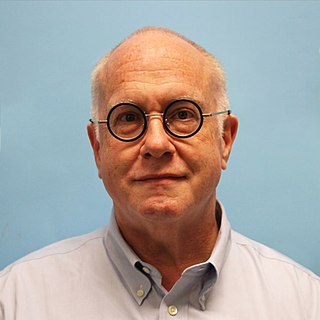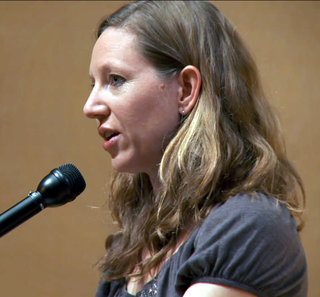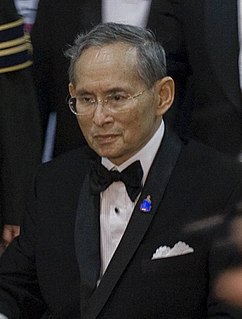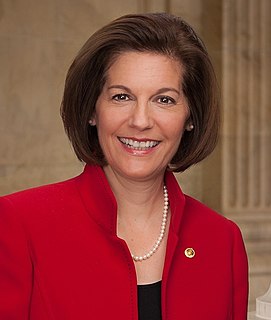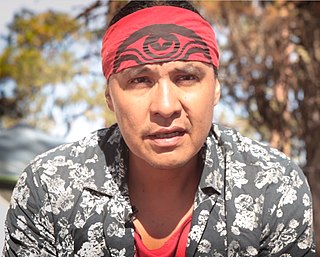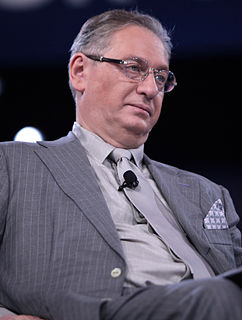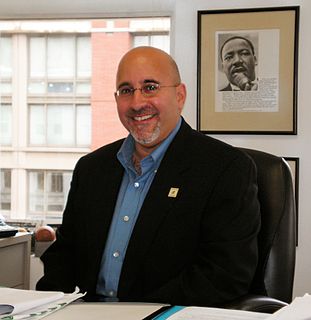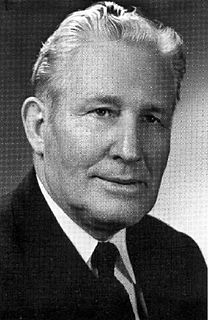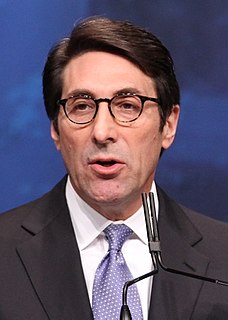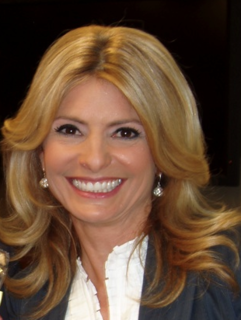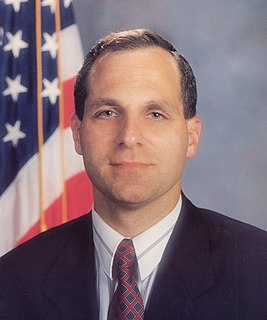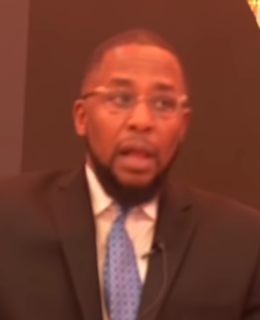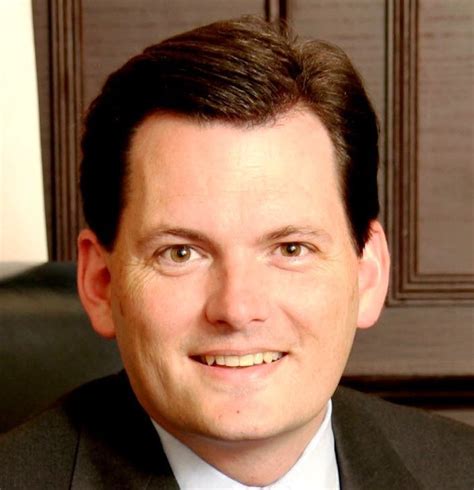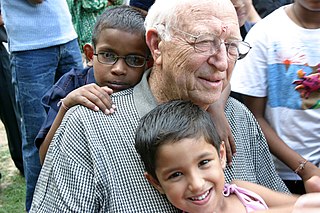A Quote by Mike Godwin
The decisions we make about the Internet don't affect just the Internet – they are answers to basic questions about the relationship each citizen has to the government and about the extent to which we trust one another with the full range of fundamental rights granted by the Constitution.
Related Quotes
The internet has no government, no constitution, no laws, no rights, no police, no courts. Don't talk about fairness or innocence, and don't talk about what should be done. Instead, talk about what is being done and what will be done by the amorphous unreachable undefinable blob called the internet user base.
Everyone should be concerned about Internet anarchy in which anybody can pretend to be anybody else, unless something is done to stop it. If hoaxes like this go unchecked, who can believe anything they see on the Internet? What good would the Internet be then? If the people who control Internet web sites do not do anything, is that not an open invitation for government to step in? And does anybody want politicians to control what can go on the Internet?
The Internet goes doot-doot-doot - it goes sideways. There's nothing hierarchical about it. And the best thing about it is also the worst thing about it, which is there are no gatekeepers on the Internet. Consequently, there's a whole lot of bad information on the Internet. But I think that sorts itself out over time.
When I was your age, we didn't have the Internet in our pants. We didn't even have the Internet not in our pants. That's how bad it was. I know I sound like my grandfather right now. We didn't have teeth! There were no questions marks, we just had words! What was I talking about? The Internet...Not only can you not plan the impact you're going to have, you often won't recognize it when you're having it.
Whenever you get involved with talking about rights, you're talking about being a citizen. You're talking about being a citizen in capitalism; you're talking about what rights are granted to what identities, under what laws, and all that is a big mix. Marriage is, among many other things, a formality to channel capital through a family. And that's why the big DOMA lawsuit was about paying too many taxes! "I wouldn't have had to pay all these taxes if Theodora had been Theo" - that was the big tagline. It's all about protecting assets.
When we talk about computer network exploitation, computer network attack, we're not just talking about your home PC. We're talking about your cell phone, and we're also talking about internet routers themselves. The NSA is attacking the critical infrastructure of the internet to try to take ownership of it. They hack the routers that connect nations to the internet itself.
The main thing for me is just the length of time it takes to make a movie. It's at least a year of just talking about it, talking about it with yourself or your director or your other castmates or the press, so you just want to make sure it's a film that although you initially feel this pull or this drive to it, you don't really have the answers to why you're drawn to it. But it's more about not knowing the answers to certain questions but wanting to go on the journey of discovery to find the answers.
Democracy is not about trust; it is about distrust. It is about accountability, exposure, open debate, critical challenge, and popular input and feedback from the citizenry. It is about responsible government. We have to get our fellow Americans to trust their leaders less and themselves more, trust their own questions and suspicions, and their own desire to know what is going on.
Americans love to talk about the Constitution and how it protects the rights of every citizen and promises freedom to every citizen, but it's also a country based on racism and they don't talk about that too much and every time there's a film which deals with it there's certain parts of the country that feel uncomfortable.
